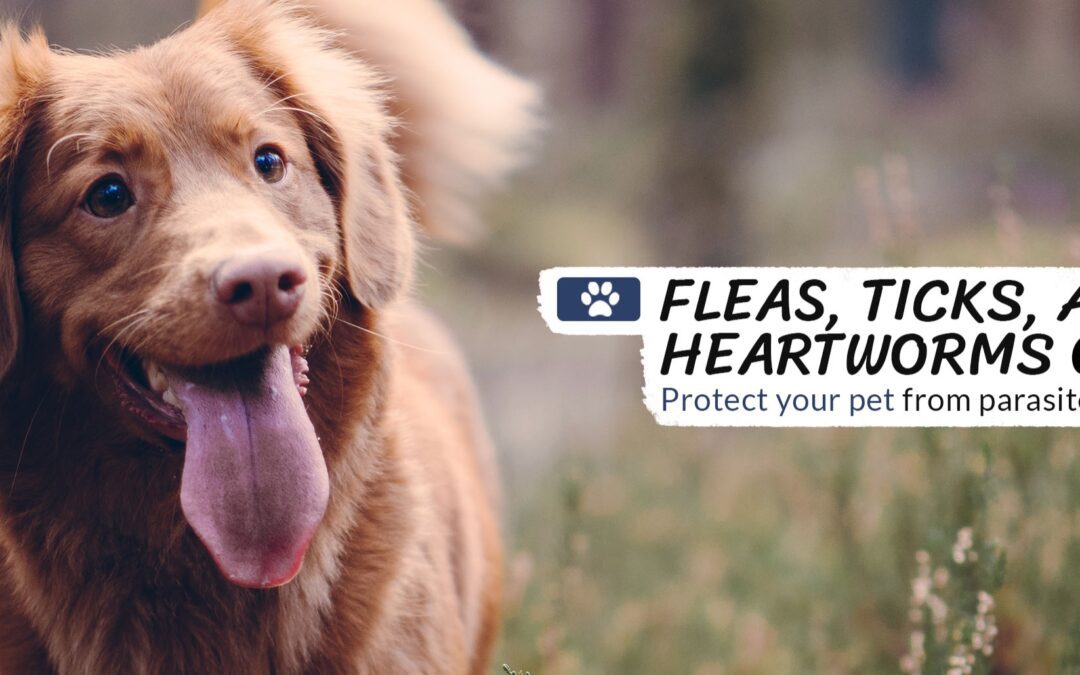Vaccinations have been a cornerstone of preventive veterinary care for decades, safeguarding our beloved furry companions from a variety of potentially deadly diseases. However, as pet owners, it’s essential to stay informed about all aspects of your pet’s health, including vaccination decisions. In this blog post, we’ll delve into the concept of not vaccinating pets and the factors that should be taken into account when considering this approach.
Understanding the Concerns:
While vaccinations are designed to protect pets against various diseases, some pet owners have concerns about their potential side effects. These concerns can range from worries about allergic reactions to the belief that over-vaccination could lead to health issues. It’s important to note that reputable veterinary guidelines are designed to minimize risks while maximizing protection.
Individualized Health Assessments:
Each pet is unique, and their health needs may vary. Working closely with your veterinarian, you can tailor a vaccination schedule that aligns with your pet’s individual risk factors, health history, and lifestyle. This approach takes into account factors such as age, breed, medical history, and exposure risk.
Risks and Benefits:
When considering not vaccinating your pet, it’s crucial to weigh the potential risks against the benefits. Not vaccinating may leave your pet susceptible to preventable diseases, some of which can have severe consequences. Engage in open conversations with your veterinarian to fully understand the implications of your decision.
Alternative Preventive Measures:
For some pet owners, opting out of vaccines may lead to a search for alternative preventive measures. Holistic approaches, dietary considerations, and environmental management can all play a role in supporting your pet’s immune system. However, it’s important to remember that vaccines are a tried-and-true method of disease prevention, and alternatives should be thoroughly researched and discussed with a veterinarian.
Community Health Considerations:
It’s essential to remember that vaccination isn’t just about protecting individual pets. It also plays a vital role in safeguarding the overall health of the pet community. Herd immunity, achieved through widespread vaccination, prevents outbreaks of contagious diseases and helps vulnerable pets that cannot be vaccinated due to medical reasons.
Consultation with a Veterinarian:
The decision not to vaccinate your pet should always be made in consultation with a knowledgeable veterinarian. An experienced veterinarian can provide insights, guidance, and a comprehensive assessment of your pet’s health and individual needs.
While there may be valid concerns about vaccination, it’s crucial to approach the decision with a balance of information, expert advice, and a comprehensive understanding of your pet’s unique health requirements. Engaging in open discussions with your veterinarian and making informed choices can contribute to your pet’s overall well-being.
Remember, your pet’s health is of the utmost importance, and every decision you make should prioritize their safety and happiness.

